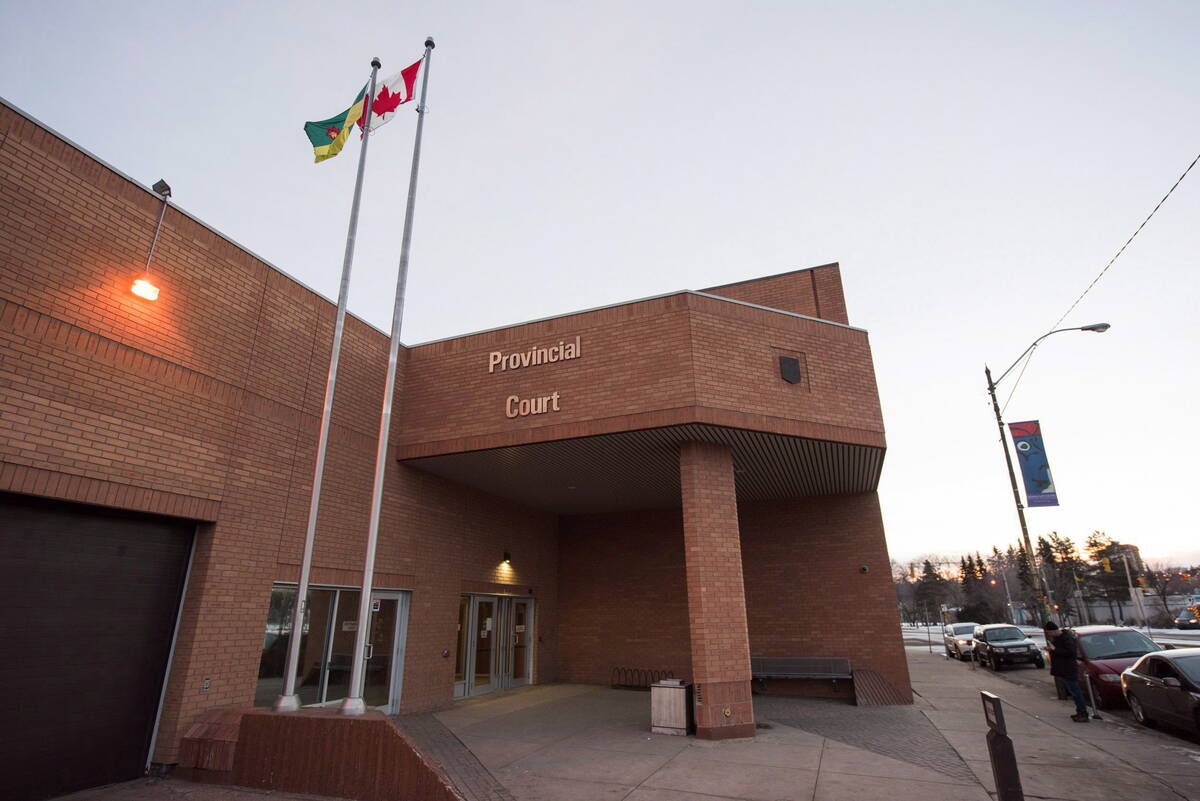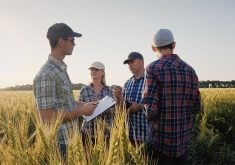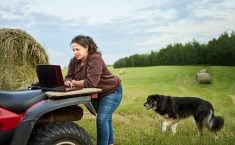Given the explosion in farmland prices since 2007, how you acquire that farmland becomes even more important from both a tax efficiency and succession perspective. Similar to plowing the perfect row, it is important to set your distant landmark.
There are many tax incentives for farmers owning farmland including the lifetime capital gains exemption and the intergenerational rollover of farmland to a child or grandchild. Both can save or defer significant tax but require the land be owned personally for maximum flexibility.
Many of our clients own farmland, which they have inherited, acquired pre-boom or secured at below fair market value from a parent. Acquiring more expensive farmland corporately helps with the affordability. A corporation earning net active farming income of less than $500,000 pays about 10 percent in corporate tax. This allows for 90 percent of after-tax corporate dollars to fund land expansion.
Read Also

Understand limitation periods if considering civil suit
A limitation period refers to the amount of time a plaintiff has to commence a formal claim in court or lose their ability to pursue it.
If that same farmer was looking to acquire personal farmland, there would be another level of personal tax applied to get after-tax personal dollars.
This additional dividend tax would typically be in a higher tax bracket because it is over the usual personal cash needs, resulting in another 40 percent of personal tax on the extracted funds.
Buying land personally means paying significant personal taxes to fund the acquisition with after-tax dollars. A combination of personal and corporate farmland can be the perfect mix.
Given the differing economics behind land ownership and actively managing a farming operation, it might make sense to separate ownership of the farm and land by creating a separate land corporation.
Assuming a scenario with a farming child and two non-farming children, the separation would allow eventual transition of the farming corporation to the farming child with no meddling from their siblings.
It would allow the non-farming siblings to participate in the overall value of the estate through ownership (full or partial) of a land corporation, without active involvement. Long-term rental agreements and right-of-first-refusal agreements could be implemented to ensure the farming child maintains the ability to farm the land.
Land is often acquired in a corporation with several generations owning shares. Other times, it is acquired by a partnership without a real understanding of who will end up with the land.
As the succession and estate picture becomes clearer, steps should be taken to separate this land ownership into buckets that could be distributed upon a sudden death or dispute. While mom and dad can continue to own all the buckets, separating the land ownership into different buckets with different beneficiaries is key.
Joint ventures are a common relationship whereby land can be owned by different parties, such as two siblings, who agree to farm together, but upon the conclusion of the agreement, they can each take their land and make decisions independently.
In many cases, siblings acquire farmland together, which can become problematic for succession or upon an unexpected death.
Land can be acquired as tenant in common, meaning you could will your 50 percent interest to another party, or as joint tenants, meaning upon your death it would pass to the other owner on title. This major difference can result in your sibling receiving your 50 percent of the land when you pass, and this is avoidable by keeping the ownership clean and separate.
In some provinces, there can be a separation of legal title and beneficial title. While legal title is disclosed in the land titles system, beneficial ownership has not been tracked historically. For tax purposes, the beneficial owner reports the income and can access the tax incentives noted above.
In many related party transactions, the title wasn’t changed to avoid the land transfer fee of 0.3 percent (in Saskatchewan) of the purchase price. To avoid probate fees of 0.7 percent in Saskatchewan, an individual farmland owner will add a child to title for estate planning purposes only, while maintaining the beneficial ownership.
In both cases, there is a split in the legal and beneficial ownership, which can cause confusion and disputes.
Separation of legal and beneficial title results in a bare trust. New trust-reporting rules will apply to taxation years ending after Dec. 30. They require that each bare trust arrangement needs to file a T3 Trust return with the Canada Revenue Agency, disclosing the settlor, trustee and beneficiary.
The penalties for not disclosing are significant and are the greater of $2,500 and five percent of the fair market value of the property (in the event of gross negligence).
Given the significant increase in farmland prices, this needs to be top of mind in 2023. Dissolving unnecessary arrangements should be considered.
Tyler Kachur, CPA, CA is a partner at Buckberger Baerg & Partners LLP in Saskatoon. You can contact him at: tkachur@bbllp.ca.

















